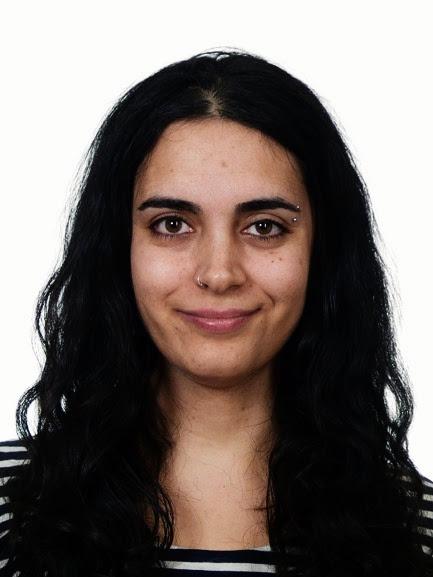Volunteers from Drug-Free World France, an organisation supported by the Church of Scientology, conducted drug prevention activities across Brittany, Paris, Toulouse, Nice, and other regions. The campaign distributed over a thousand booklets in October alone, engaging merchants, educators, and parents.
Ivan Arjona-Pelado, Scientology’s representative to the European Union, described the initiatives as proof that communities value “factual and accessible prevention.”
The messaging is polished, calm, and emphasises civic engagement. For an organization long viewed with skepticism in Europe, this shift in public strategy is notable. Rather than focusing on theological questions, Scientology now speaks the language of wellness, community service, and neighbourhood care.
A Legal and Cultural Landscape
In Europe, Scientology’s status varies significantly.
Spain formally recognises it as a religious organisation, while France and Belgium have subjected it to legal scrutiny.
A 2009 French court case convicted the organization and its bookshop of organized fraud, though the organization continued operations. Germany's Federal Office for the Protection of the Constitution monitored Scientology for years, citing concerns about transparency.
These legal challenges have shaped Scientology’s approach. Instead of confronting regulators directly, the organization now emphasises social programmes.
The Foundation for a Drug-Free World, Youth for Human Rights, and the Volunteer Ministers network all operate under secular branding while maintaining ties to Scientology’s founder, L. Ron Hubbard.
Rehabilitation or Strategic Repositioning?
The question is not whether Scientology seeks to improve its public image but what this new visibility aims to achieve.
Public health campaigns allow the organisation to present itself as a civic partner. They also help normalize its presence in local communities where regulatory questions remain unresolved. In an era where legitimacy is often built through online visibility and grassroots activity, this approach may prove effective.
However, public relations alone cannot address concerns raised by journalists, scholars, and former members. Transparency remains central. Europeans do not object to spiritual diversity, but they expect clarity about finances, recruitment practices, and internal governance.
Organisations that operate in grey zones between religious institution and commercial enterprise face ongoing scrutiny.
Europe’s Regulatory Dilemma
Religious and quasi-religious groups across Europe occupy complex legal territory.
Evangelical megachurches, wellness networks, and spiritual movements often operate more freely than traditional religious organisations because they present themselves as lifestyle brands. Scientology appears to be following the same path, reframing itself as a community service organization rather than emphasizing doctrinal claims.
This raises difficult questions for European institutions. Should laws be updated to ensure consistent oversight across all belief-based groups, or should governments remain neutral and assume that civil society will produce its own safeguards?
The debate continues across member states with no consensus in sight.
A Campaign in Progress
Whether Scientology’s recent initiatives reflect genuine change or calculated repositioning remains to be seen.
For now, the organisation appears committed to presenting a friendlier image, offering a version of itself that contrasts with its European legal history. The strategy focuses on visibility through volunteer work, educational materials, and partnerships with local merchants and educators.
Reputations are not rewritten overnight. Yet Scientology continues to try, one volunteer vest at a time.
As Europe navigates an increasingly diverse spiritual landscape, the debate ahead will focus less on any single organisation and more on how the continent defines legitimacy, transparency, and the limits of public persuasion.
Keep up with Daily Euro Times for more updates!
Read also:
Made in the Vatican 2.0: Pope Francis and Sheikh El-Tayeb
Religion as Tradition: Romania and the CEE Defy Europe’s Secular Turn
Dievturība: Latvia Rekindles Europe’s Forgotten Faiths






